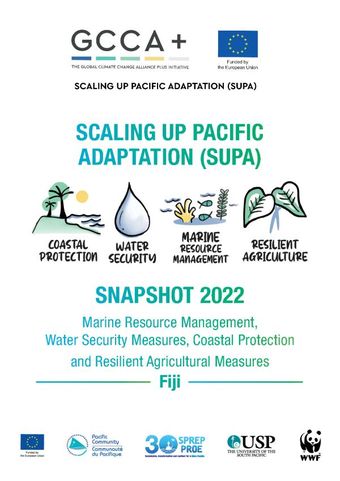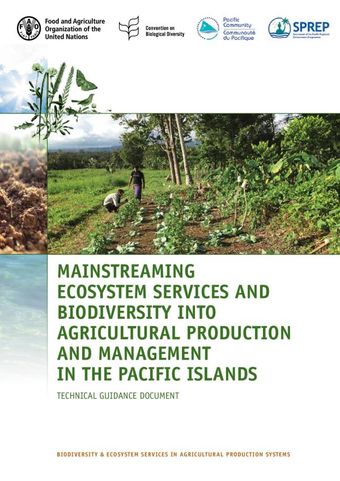Gender and Sustainability
- Description:
- Sustainability and gender have been prominent on the development agenda since the 1980s, but there h as been little systematic study of the links between the two. This review draws on ecofeminist theory, feminist political ecology, intrahousehold literature, and natural resource management case studies and reviews to examine how gender shapes the motives, means, and opportunities for men and women to contribute to sustainability. Particular attention is given to evidence on closeness to nature, focus on conservation, rights to resources, opportunities to exploit resources, and constraints to adoption of sustainable practices. Despite early claims that women are naturally more conserving of resources, the empirical literature, in particular, gives a more mixed and nuanced picture. Conservation is in uenced not only by gender but also by a host of tangible and intangible factors, including local ecology, context, and culture, that affect incentives and the ability to adopt sustainable extraction and provision practices.
- Display date:
- 2014
- Collections:
- Secretariat of the Pacific Regional Environment Programme (SPREP)
- Publisher:
- International Food Policy Research Institute
- Content partner:
- Secretariat of the Pacific Regional Environment Programme (SPREP)
- Availability:
- Not specified
-
Copyright status: All rights reservedFind out more about what you are able to do with this itemThis item is all rights reserved, with means you'll have to get permission from Secretariat of the Pacific Regional Environment Programme (SPREP) before using it. For more information, please see our use and reuse page.What can I do with this item?Non-infringing useNZ copyright law does not prevent every use of a copyright work, and this item may be hosted by an international institute or organisation. You should consider what you can and cannot do with a copyright work.No sharingYou may not copy and/or share this item with others without further permission. This includes posting it on your blog, using it in a presentation, or any other public use.No modifyingYou are not allowed to adapt or remix this item into any other works.No commercial useYou may not use this item commercially.
Related items
Welcome and warm Pasifik greetings
The information on this site has been gathered from our content partners.
The names, terms, and labels that we present on the site may contain images or voices of deceased persons and may also reflect the bias, norms, and perspective of the period of time in which they were created. We accept that these may not be appropriate today.
If you have any concerns or questions about an item, please contact us.

